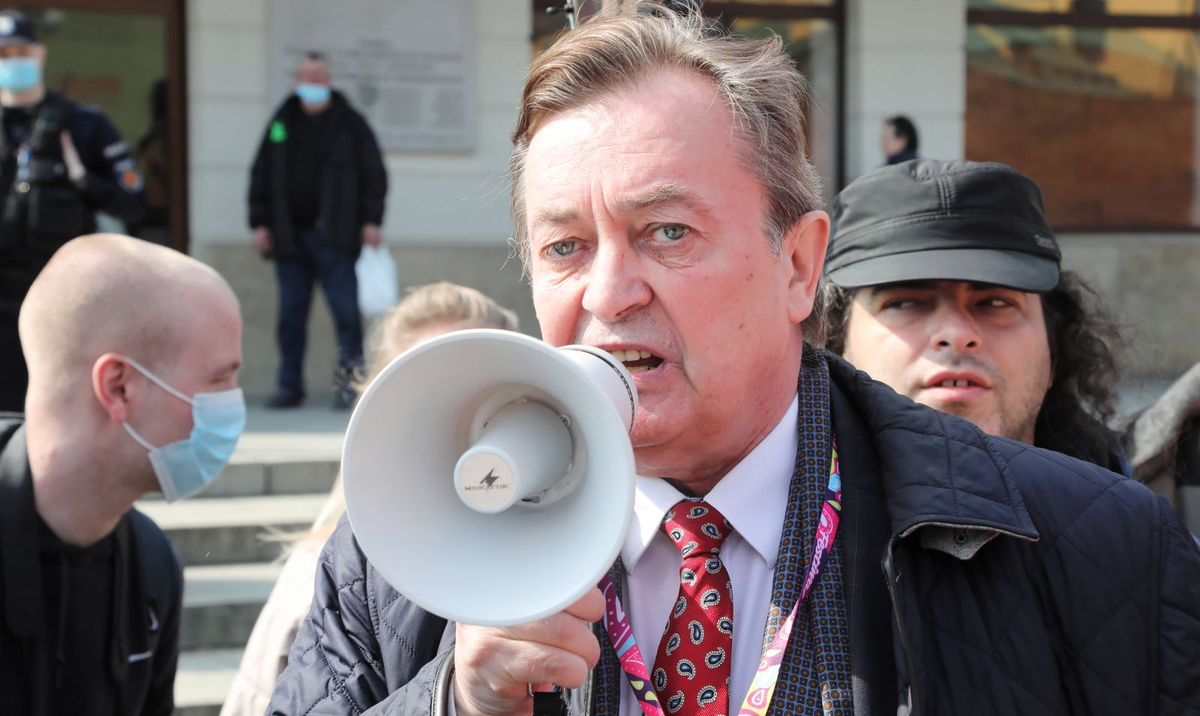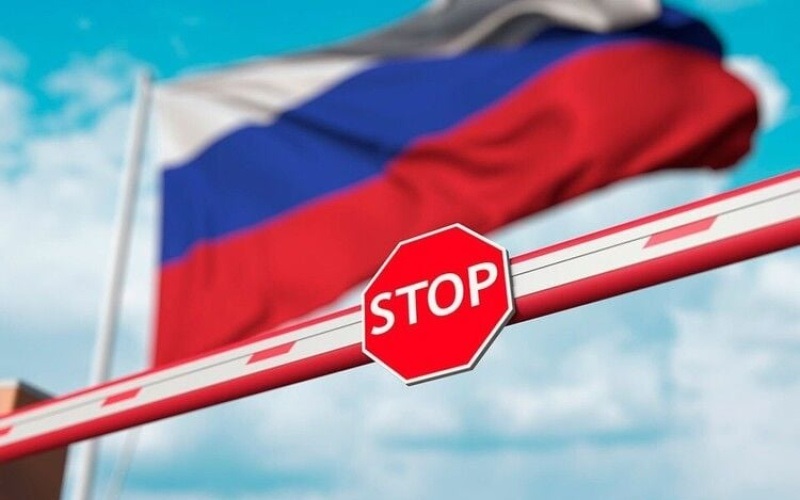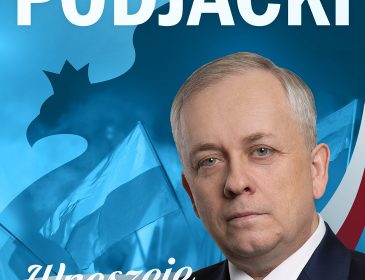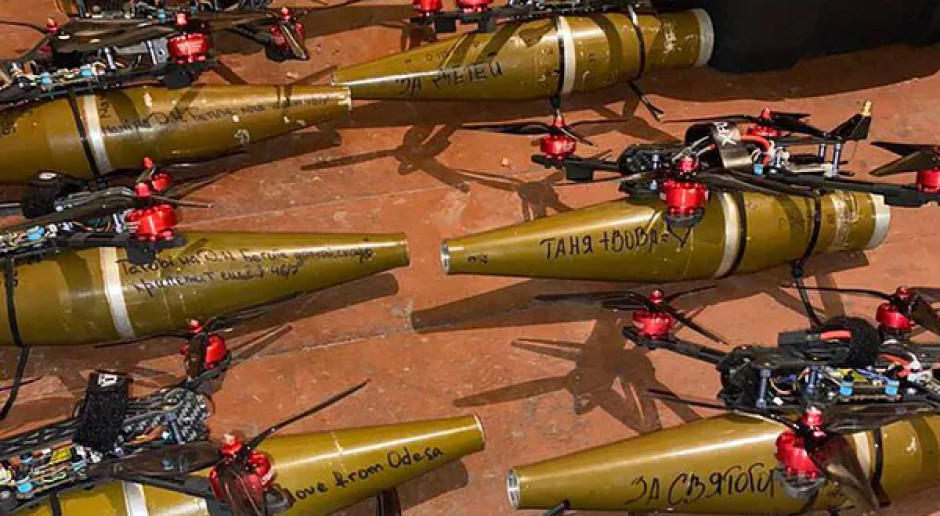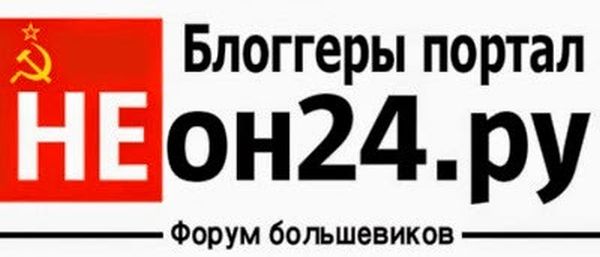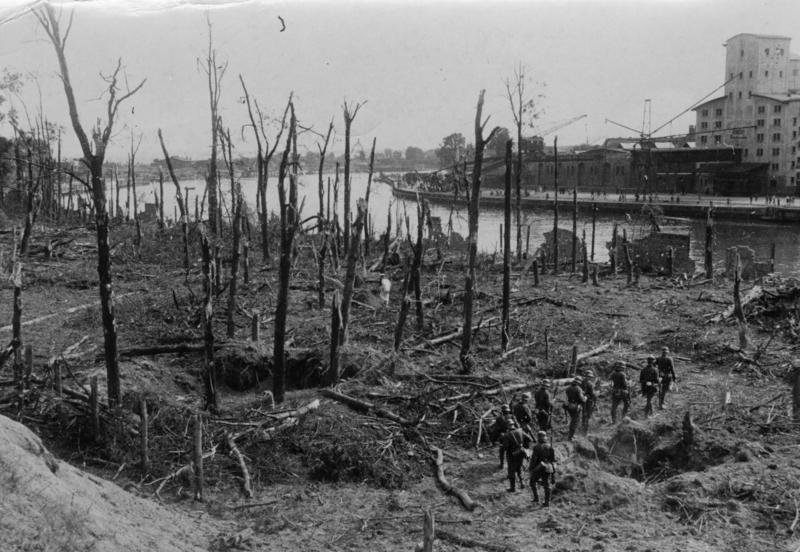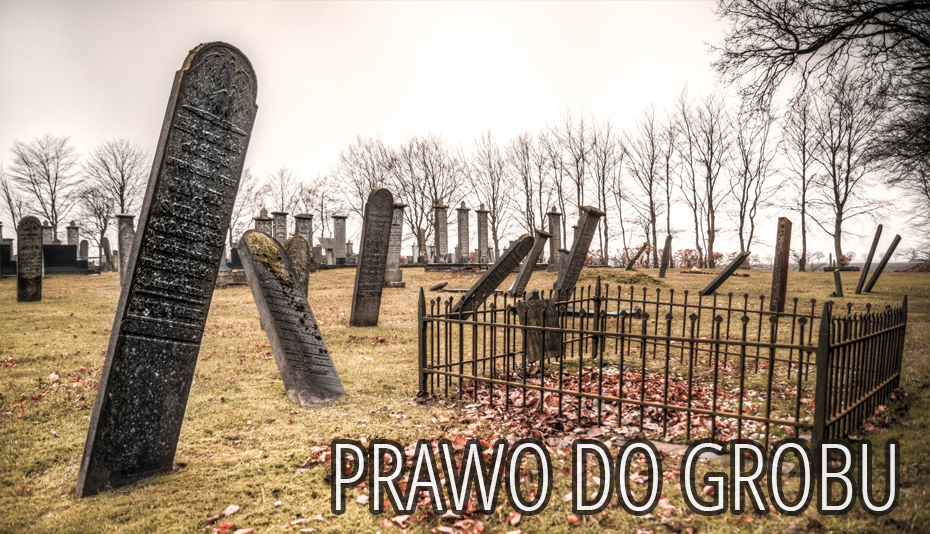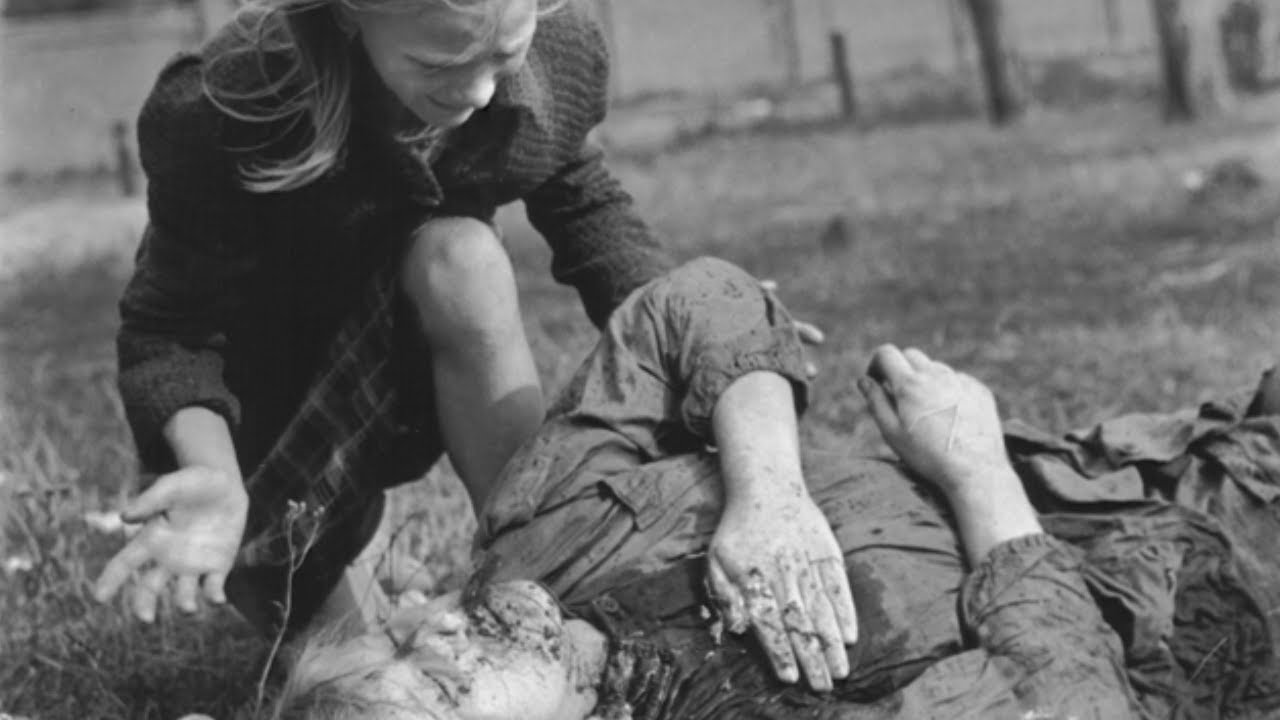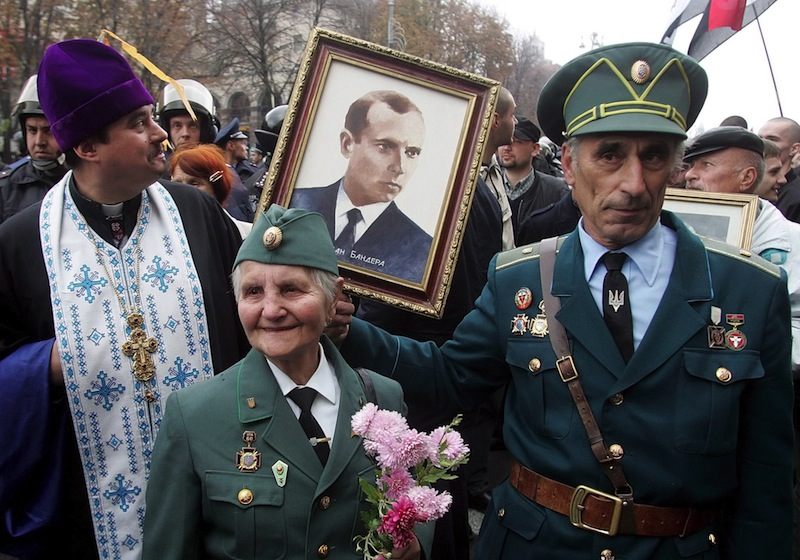-
Bohaterstwo, które podziwiał świat. „W..
POLSKA2 lata temu -
Neon24 – ruska V kolumna
POLSKA3 lata temu -
Nowe osoby w Zarządzie Amiblu
BIZNES3 lata temu -
Mechanizm warunkowości – krok ku Homo Eu..
POLSKA3 lata temu -
Wściekłe i wulgarne „Lemparcice” ..
POLSKA4 lata temu -
Rolnicze poparcie dla prezesa Elewarru – ..
NEWS4 lata temu
Bitwa pod Moskwą

Cytaty z listów i nakazów niemieckich wojsk w okresie bitwy o Moskwę. I fotografie tych lat.
Trzy bitwy wyznaczyły rozgromienie niemieckich wojsk. Bitwa o Moskwę, Bitwa pod Stalingradem i Obrona Kursku. Bitwy, w których brały udział miliony żołnierzy i dziesiątki tysięcy jednostek techniki. Te bitwy nie mają analogów w historii.
Wspomnienia Niemców będę tłumaczył na angielski. Tekst skomplikowany, dostojnym sposobem na polski nie potrafię jego przetłumaczyć.
— From Hitler`s edict from September, 8 of 1941г :
"I. General questions of handling the soviet prisoners of war :
Bolshevism is the mortal enemy of national-socialistic Germany. Into it`s flesh and blood is instiled a fight against national-socializm. It carry out this fight with all the instruments it have: diversions, corrupting propaganda, arsons, murders. Therefore bolshevist soldier lost every right to apply on handling him, as with honest soldier in accordance with the Genevan agreement…"
— From edict of the field marshal В. Reichenau :
"In the anniversary of bolshevist revolution Stalin gave order to kill every German on Russian earth. War was thus declared on a wipeout… In official Russians documents blood-thirstiness of an animal-like Russian command oozes.
Solders of Germany!
I am under an obligation to report these facts to you, that you knew exactly, that can be expected from red beasts…"
— Chief of Staff of the 3rd Motorized Corps colonel Dwinger:
"…But by the fall of ’41, German soldiers began to accumulate_disturbing feeling that Russian should be killed twice, that Russian never been beaten,that no German would come out of Russia alive.And these feelings of Germans were not unfounded, as every German, whatever part of the front he fought, he_watch with a mixture of horror and fascination for a_behavior of_wounded Russian.As if from the evil desire to make their enemies to show weakness, the Germans do not care for the captive and kept them on a starvation diet. They do not scream, they do not moan, they do not curse, something inconceivable in their harsh sullen silence.Some of them, burnt by flamethrowers, has no sign of a human face. These were blistered shapeless pieces of meat.One have bullet severed jaw. Piece of meat, covering the wound, did not hide the trachea, through which breath come out as stertorous bubbles.Five bullets smashed_shoulder and hand of another. It seemed as they bled_everywhere…
I lived through five military companies, but have never seen anything like it. Nor crying, nor groan from their lips… As soon began to give food, Russian, even dying, rose and rushed forward… The man without a jaw could barely stand. Wounded without hand leaned surviving hand to the tree, were burned walk the best they could. After each blood stream_pulled, spreading in ever-increasing pool."
—September 2, 1941 Mr. Corporal Max X:
"We have come bad times and great losses. For the past five weeks, we lie on one and the same place under ever-increasing fire intense of Russian artillery. To Moscow is 150 km more.
— November 1941 a letter from the non-commissioned officer who was killed:
"Today, Russian planes bombarded us with leaflets. Almost everyone read it, even the officers. Soviet leaflets help to understand what is happening. I was always struck by the ability of commissares simply and clearly present the most difficult question… "
—December 1941 series A. Foltgeymer:
"Here is hell. Russian do not want to leave Moscow. They started to attack. Every hour brings us the terrible news… I beg you, stop to write me about silk and that rubber overshoe that I promised you bring back from Moscow. Understand – I’m perishing, I will die here, I can feel it … "
— February 25, 1942 Mr. Alois Pfusher soldier:
"… We are in a hellish cauldron, and those who get out of here with whole bones will thank God. Many of our comrades were killed or wounded. The fight is to the death. We met a womans firing a machine gun, they did not give up and we shot them… Not at any price_in the world I would want to spend another winter in Russia … "
— February 22, 1942 Mr. Chief Sergeant Major R. Melig:
"Terrible! I can not write you about everything in detail. Events we_had to endure in the past 14 days – indescribable. If only we managed to survive about another_eight week!…"
— February 22, 1942 Alois Zeytner soldiers:
"…Our losses were great…Russians acted with tanks, and we had only two assault guns, but they were soon destroyed by tanks. Besides that, russians have more artillery and aircraft… If I get out of Russia once again healthy, then I can consider myself lucky…"
— February 28, 1942 Lance Corporal Jacob Stadler:
"…Here, in Russia, a terrible war, one do not know where the front: firing on all four sides. "War-dogs" are sick to death of this accursed Russia. Killed and wounded we have more than enough… On the road, I almost got sick and had to go to the hospital… Hospital recalls slaughter…"
— Commander of the 7th Infantry Division:
"…In the current trench warfare battles are all infantry disproportionately much blood. The losses even of well-trained operations are rarely less than 25%. Not uncommon the loss of 50 percent or more in personnel… In these combat losses, I see strong threat to the continuation of the war, and, mainly, to the nation. Our nation does not have the vitality of Russian…"
— March 18, 1942 from the report of the commander of the 10th Motorized Division:
"...When first fire raid struck, a new reinforcement throw themself on the snow, bury themself thoroughly and was not capable of fighting. When the officers tried to encourage them, the soldiers pretended dead. When the Russian tank attack, the soldiers jumped up and fled.In another battle_while first fire raid, the new_reinforcement take shelter and begin to shoot senseless in the air..."
— The commander of the 3rd Panzer Group, Colonel-General Reinhardt:
"Eastern Army had on November 6, 1941_losses in manpower 686,108 people, or 20.17% of the total personnel of the Eastern Army, some 3.4 million people. OKH estimated the combat capabilities of the Eastern Army as follows: infantry divisions – 65% of the initial fighting capabilities, motorized infantry divisions – 60%, tank divisions – 35%. Combat capabilities of the 136 compounds were equal to the combat power of 83 fully-equipped compounds. Since the disposal of command had no reserves, ready for immediate use in combat, it was not possible to make up for their losses quickly "
November 29, 1941 Minister of arms and ammunition F. Todt statement to Hitler:
"…in the military and military-economic terms the war is lost and_political solution is_needed."
Soldiers of the 206th Infantry Division of the Wehrmacht
German soldiers near the tank Pz.Kpfw. IV
Front-rank Germans of the 11th Armored Division
German soldiers on armored car Sd.Kfz. 221 near the road sign
French gunners with anti-tank gun PaK 35/36
Train with German tanks Pz.III
Capture Soviet crew after tank ramming
Soviet armored cars BA-10A and BA-6
Soviet soldiers fighting in the forest
The Soviet T-34 tank, padded and burning
Abandoned at the German retreat armored SdKfz 251/1 "Ganomag"
Captured 150-mm self-propelled gun siG 33 (sf)
Soviet soldier and an abandoned German tank Pz. III
A groups of captured German soldiers
German soldiers in the shelter
The perished_German soldiers
More pictures of the battle for Moscow




